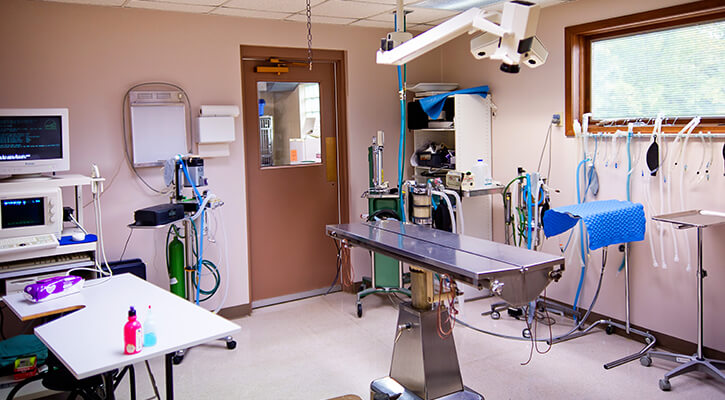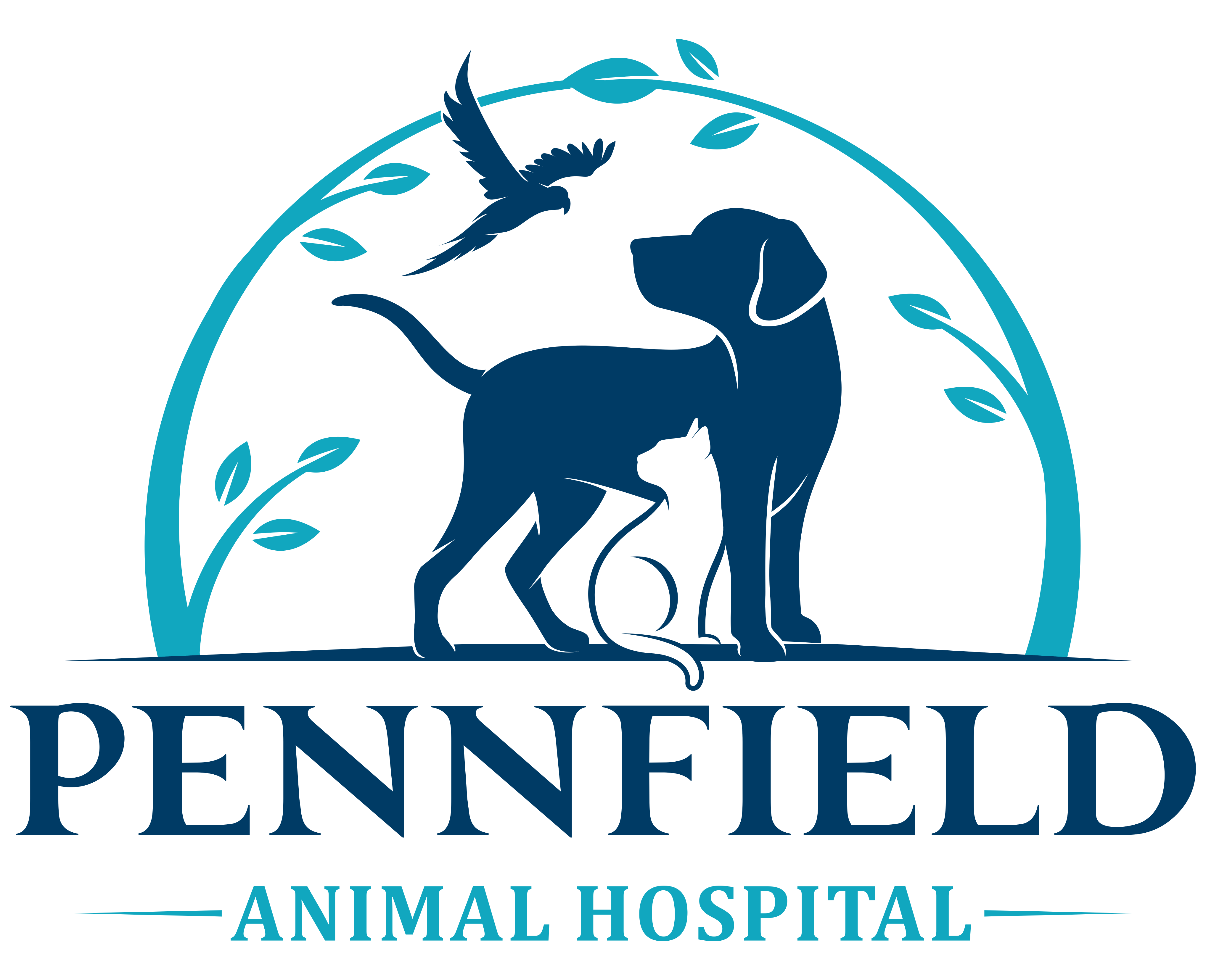
Some of the Surgery Performed at Pennfield Animal Hospital
- Spays & Neuters
- Mass removal and biopsies
- Microchipping identification service
- Cyst removal & skin biopsies
- Abdominal surgery and exploratories
- Dental tooth extractions
- Routine orthopedic repairs (non-complicated fractures)
Pet Surgery Protocol
Prior to surgery, your pet will need a current examination to ensure that your pet can safely go under anesthesia. This can be done on the morning of surgery or preferably a few days before. Your pet should also be fasted for 12 hours and have water withheld the morning of surgery.
At our clinic we strongly believe in the value of doing pre-anesthetic blood testing prior to surgery to make sure your pet is able to safely deal with the anesthetic agents; if a pet has previously unknown organ disease, anesthesia and surgery could be potentially dangerous for your pet. To make sure this does not happen and to minimize the risks to your pet, these pre-anesthetic tests can alert the doctor to these problems so that he may either alter the anesthetic agents used or discuss alternatives to surgery if the pre-existing condition warrants it.
Spay and Castration
The most common surgeries that we perform as veterinarians are neutering (spaying in females, castration in males). This means to remove the reproductive organs to prevent unwanted puppies and kittens. There are other health and behavioral benefits to these procedures beyond preventing unwanted offspring. Some of these conditions can have fatal consequences. So, therefore, unless a pet is specifically to be used for breeding purposes, we recommend having him or her neutered typically between 4 and 6 months of age, with some exceptions that your doctor will discuss.
